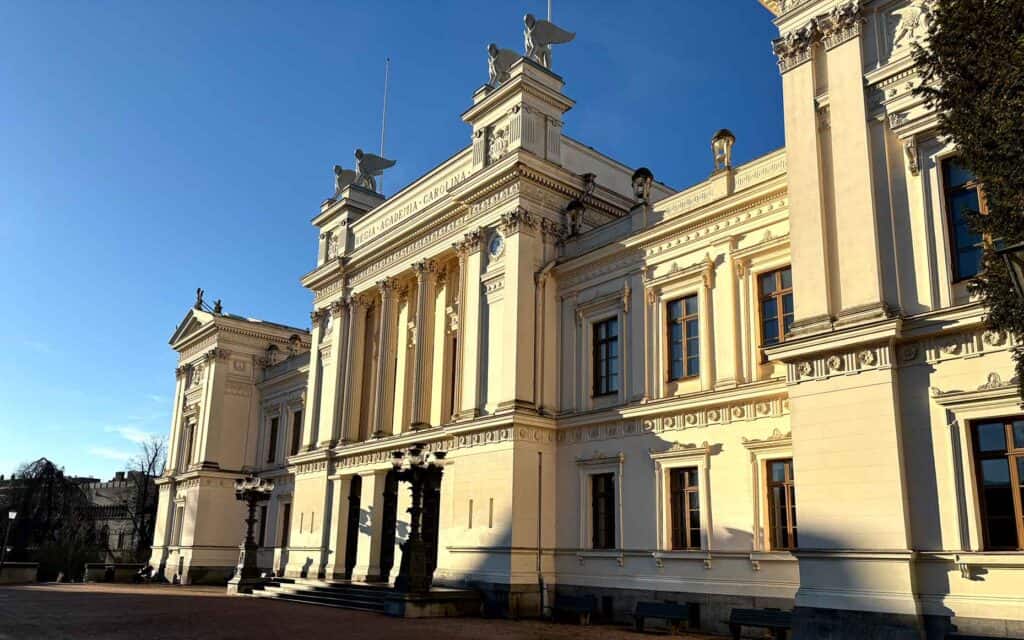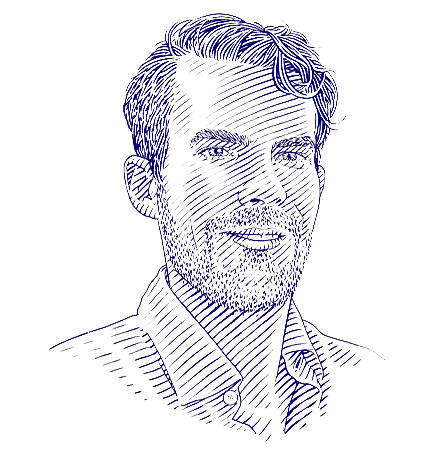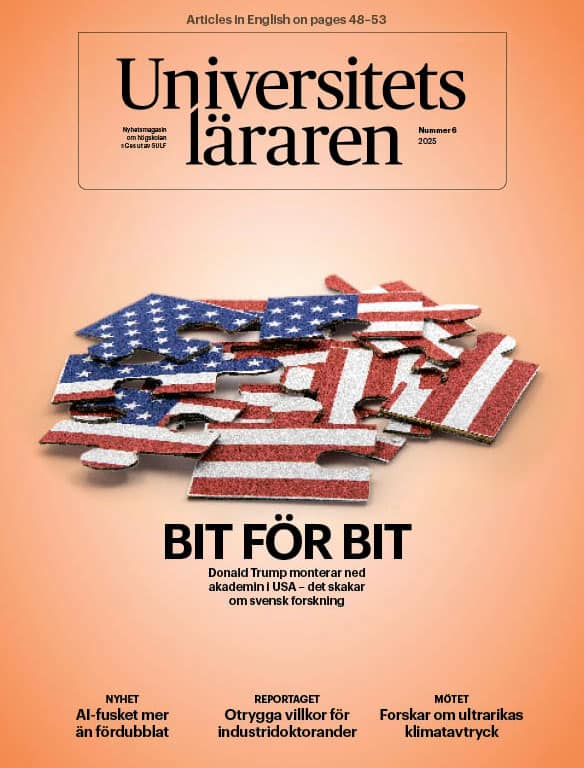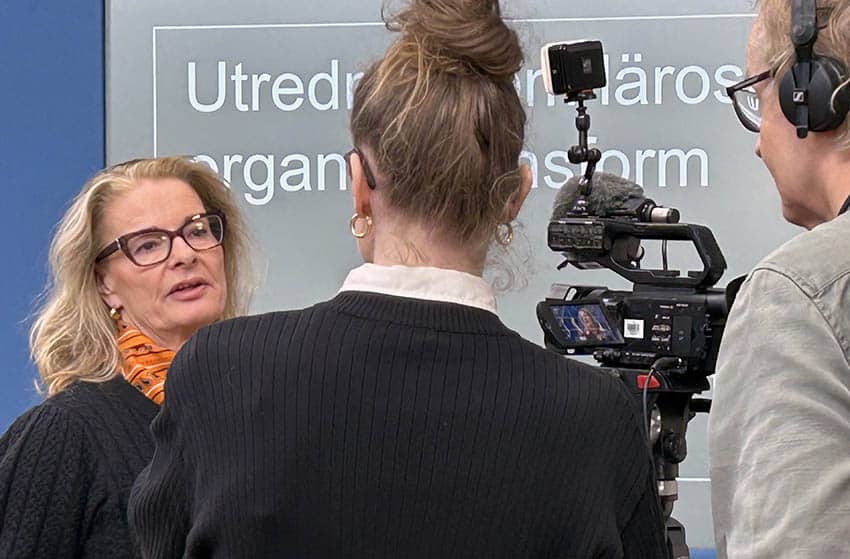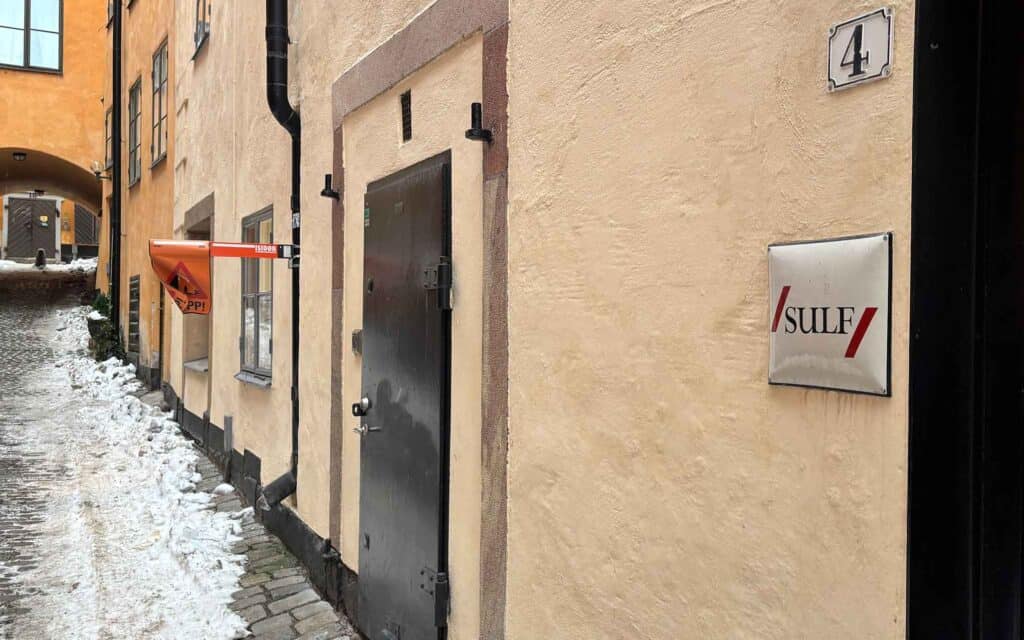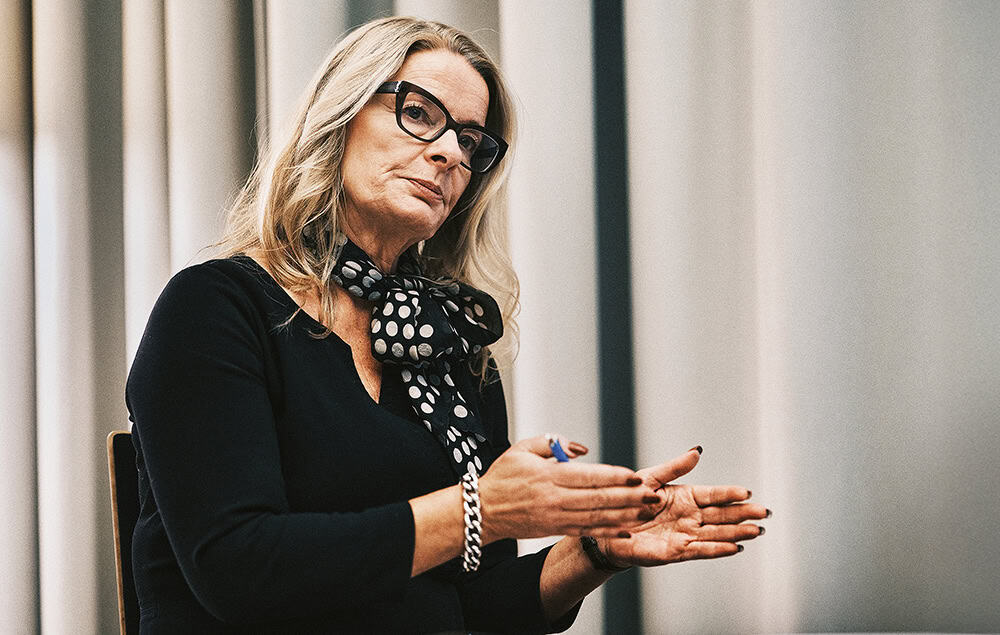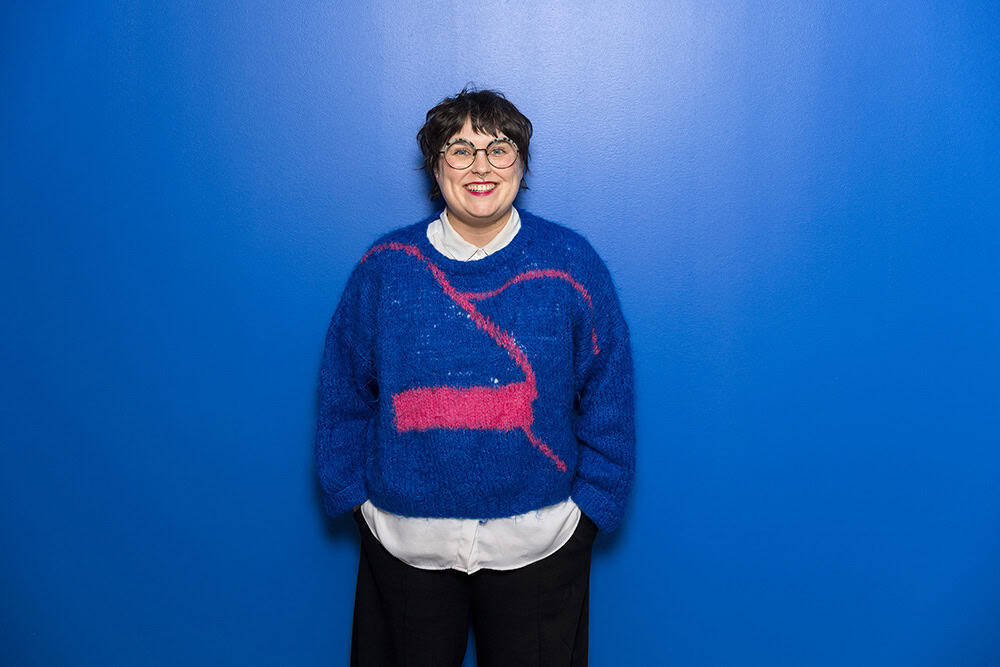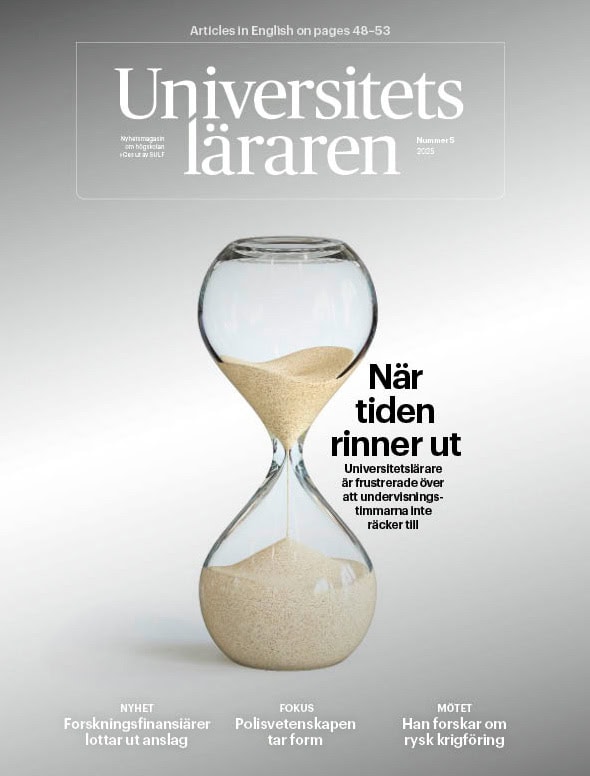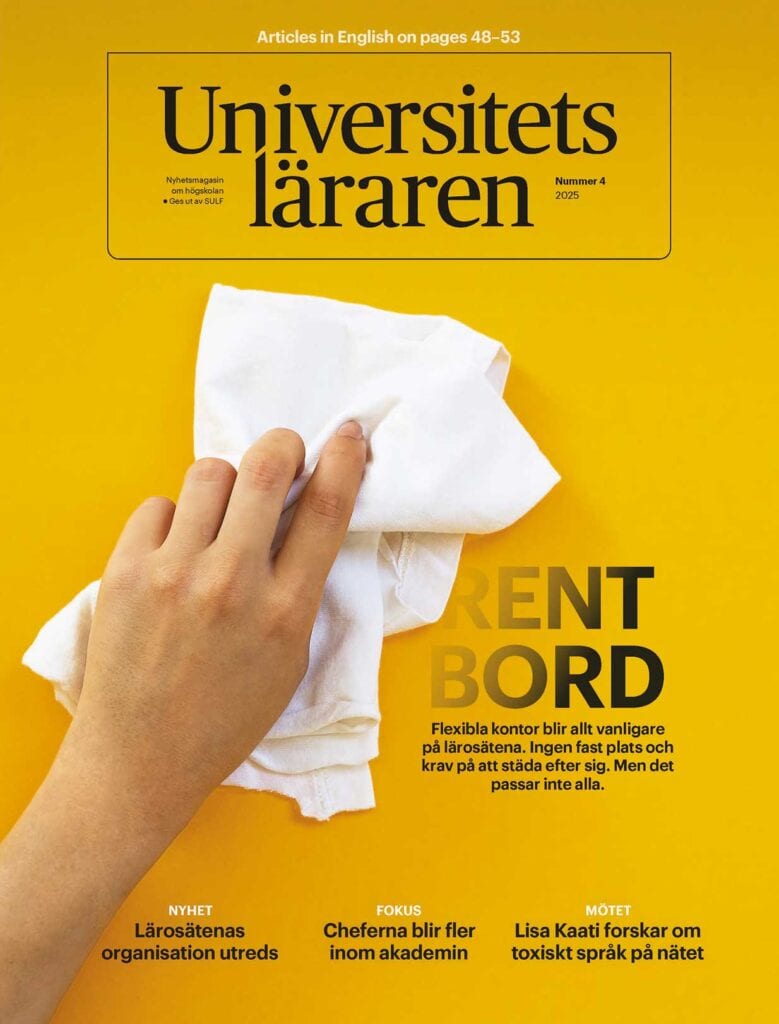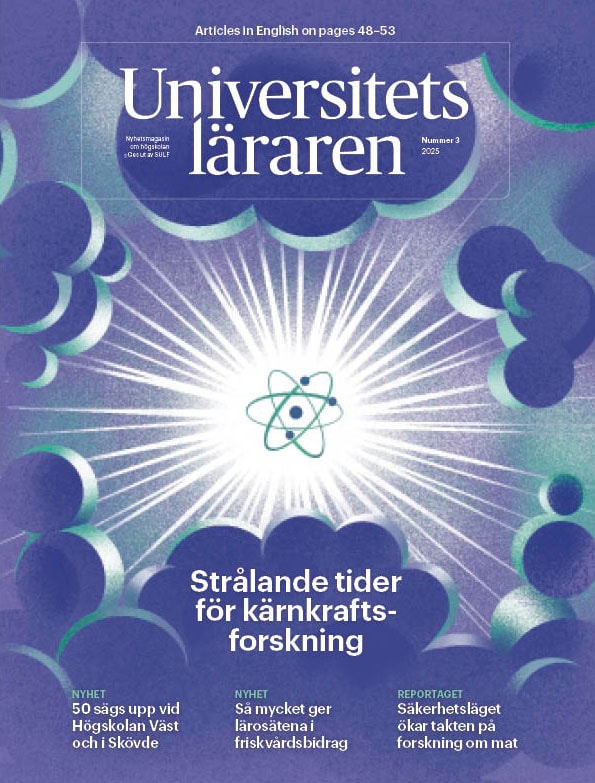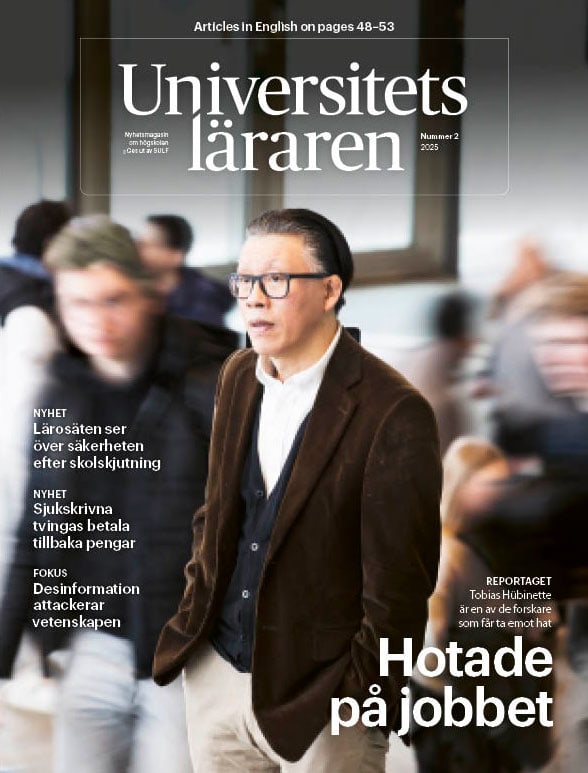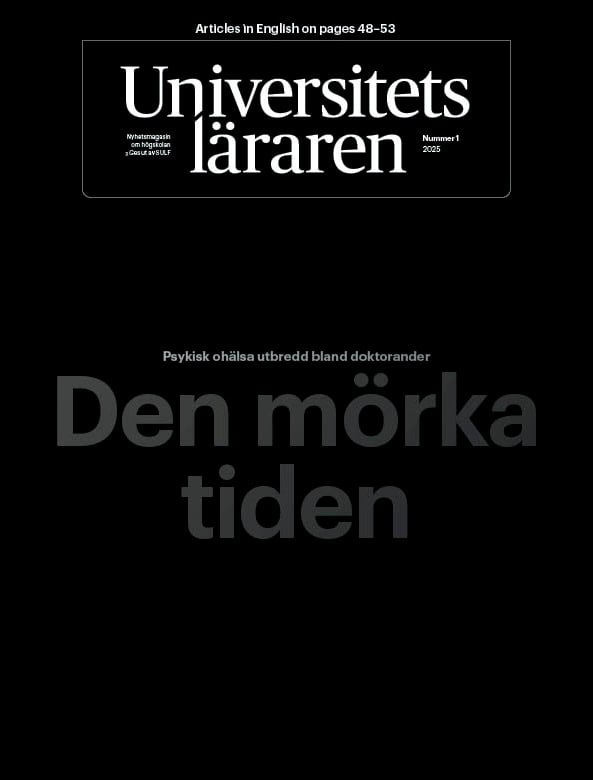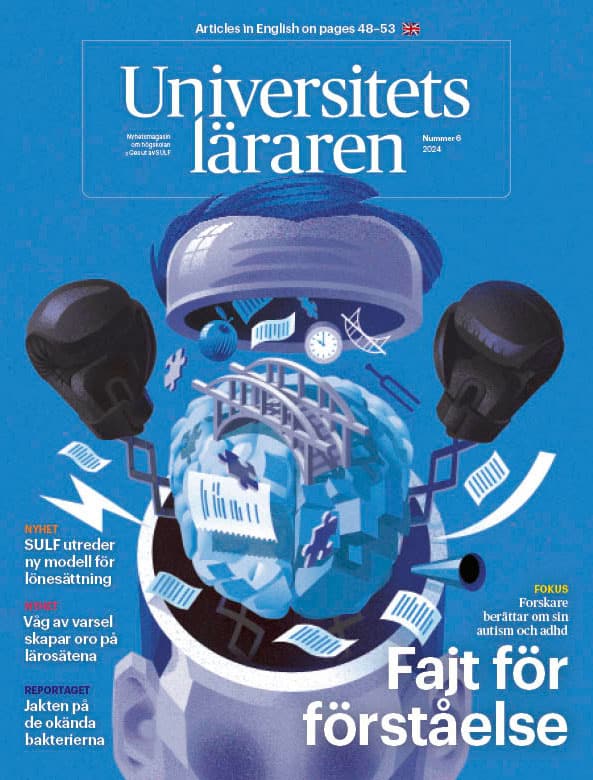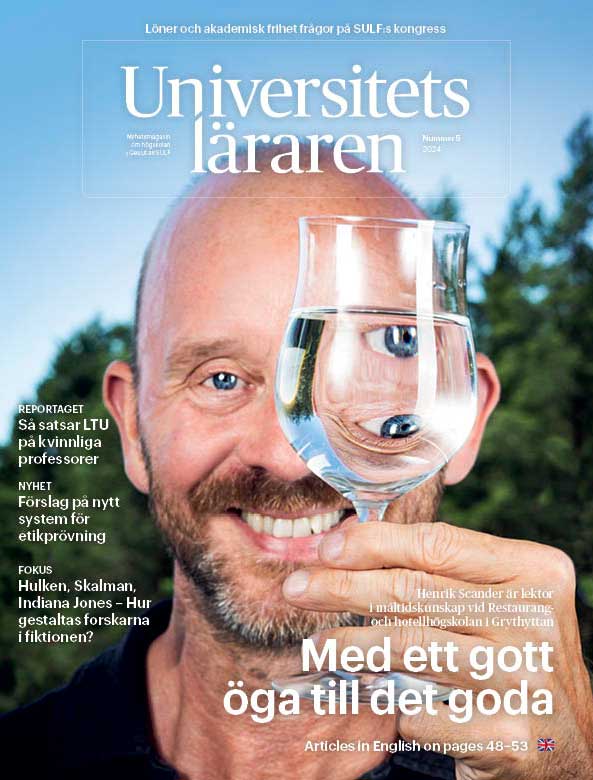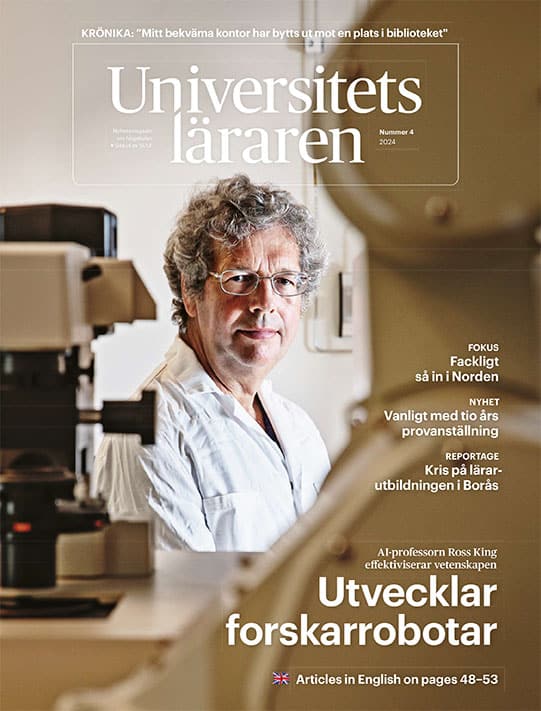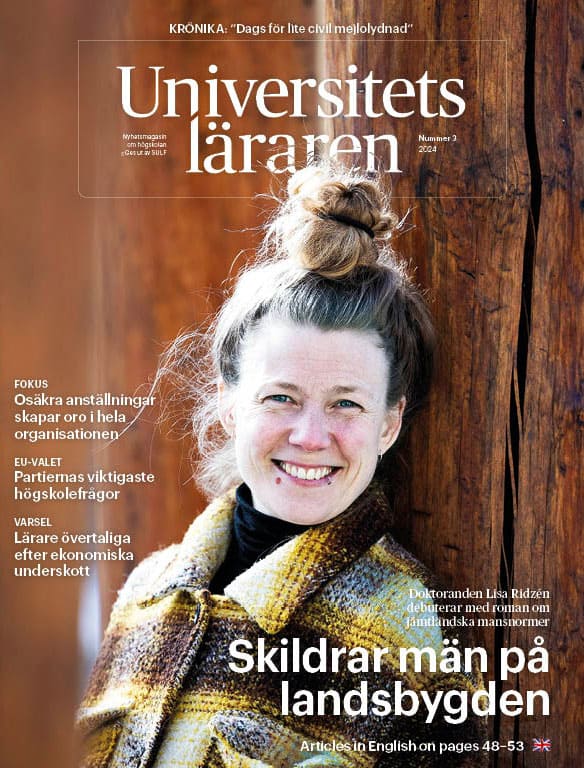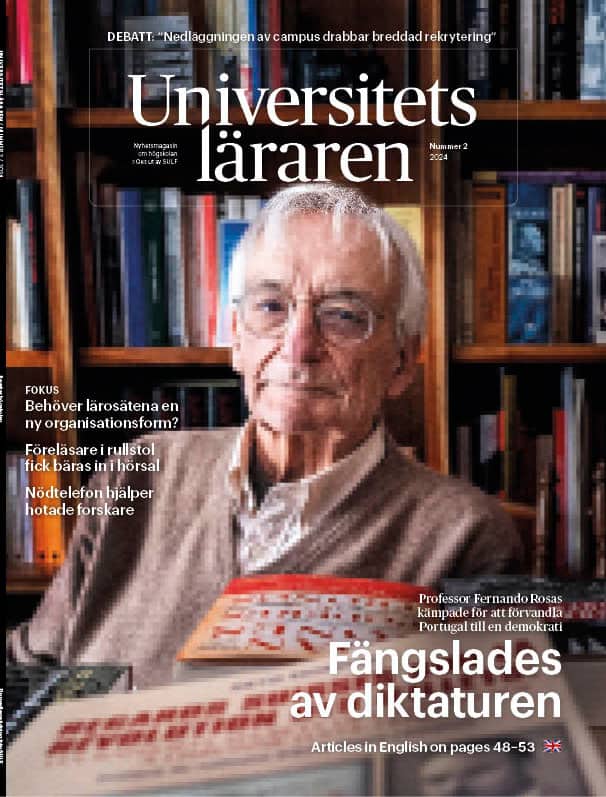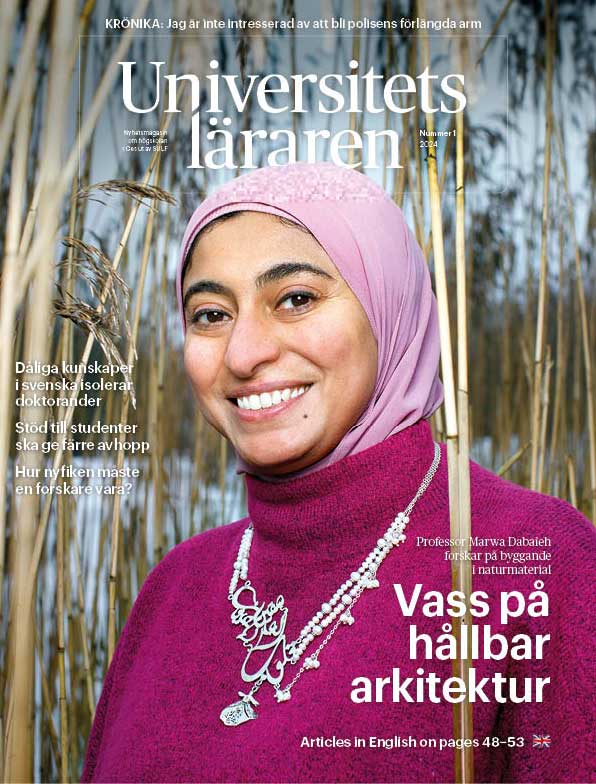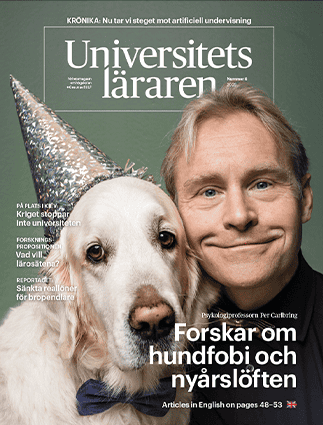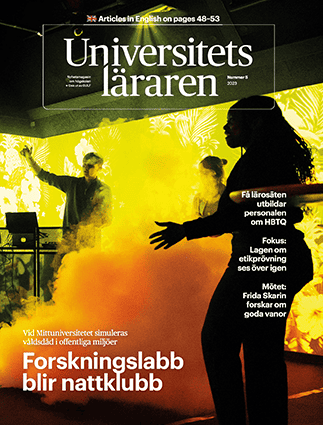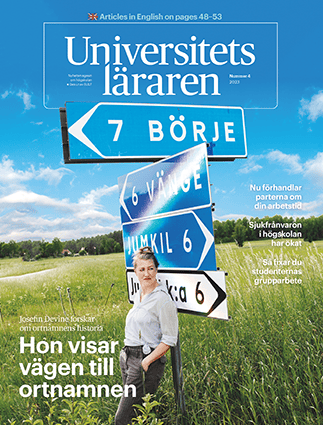Over the last ten years, the proportion of foreign doctoral candidates in Sweden has increased from 20 to 35 percent. This cultural diversification has brought tangible benefits for Swedish universities, but it also brings up a fresh set of challenges. Over the last several months, we at the SULF Association of Doctoral Candidates have been asking doctoral candidates and supervisors in Sweden for their views on language related issues. We have conducted group discussions, interviews, and a nationwide online survey with the hope of identifying problems and suggesting recommendations for dealing with these problems. The quotes below come from the online survey.
Exclusion in work and social activities
The same language related concerns are brought up time and again at universities throughout Sweden. One of the main issues identified is that meetings and events, including kick-off days and departmental conferences, are often held in Swedish, with those who do not understand Swedish expected to take part anyway. Foreign doctoral candidates and other foreign staff can further be excluded from important information and news concerning their place of work and their employee rights, as documents, digital resources, and intranet pages are not systematically available in languages other than Swedish.
“As a supervisor, I find this practice offensive to the students and very detrimental to fostering a sense of inclusivity and community at the department. In some cases, it can also be more directly problematic and even dangerous, for instance when issues regarding fire safety and other key practices for workplace well-being are only discussed in Swedish.”
We have further found that foreign doctoral students are often excluded from teaching duties as courses are usually taught in Swedish, and from administrative tasks such as sitting as a board representative. These circumstances can make it difficult for foreign doctoral candidates to receive the teaching and administrative merits they often require in order to improve their job prospects after they have completed their degree. It also leads to universities not being able to fully utilise the competences that their doctoral candidates may be able to offer.
As previously reported by the Swedish Higher Education Authority, UKÄ, six out of ten doctoral candidates leave Sweden after they complete their degree. Several of the people we have talked with described how they have suffered from mental health problems, and said that language issues were one of the main reasons that they would try and leave Sweden as soon as they could after graduation. Others even reported that they had considered quitting due to issues related to language.
“I have faced issues due to language. Even meetings when others know that I don’t speak Swedish have intentionally been kept in Swedish. Sometimes I feel this is some sort of harassment. It also makes me feel depressed.”
Creating a welcoming environment
“A bilingual inclusive department is very attractive and good for quality of research output and education. We really don’t have to become 100% English, no, the two languages can perfectly coexist.”
We believe that in order to create a supportive and welcoming environment for foreign university staff, Swedish, English, and other languages must coexist. One suggestion is to ensure that local documentation and other intranet resources are provided in both Swedish and English. Another suggestion might be to team up doctoral candidates who have insufficient Swedish abilities with staff who do speak the language to help bridge teaching gaps.
We also believe it is crucial that all university staff are accurately informed about the law. We have found that many people believe that meetings and other forms of formal communication must be conducted in Swedish at all state-run organizations, but we believe that this is a misinterpretation of the law. The only thing required to be taken in Swedish are formal decisions. There is nothing in the law preventing such decisions from being discussed in another language before a formal decision is made in writing.
Support through language courses
Almost no foreign doctoral candidates that we have heard from are opposed to learning and improving their abilities in Swedish. Everyone is aware of the benefits to work and social life that competence in the Swedish language brings. Despite this, many doctoral candidates highlight the lack of support that they are given by their employer as regards to learning Swedish. Although most universities offer Swedish courses for their foreign staff, we have discovered that this is not necessarily a universal policy:
“When I asked for support from my boss, he was clueless. Actually, the university was not able to provide a Swedish course for employees while they had courses running in English for the same purpose.”
Even in cases where Swedish courses do exist, many people we have talked to have stressed that there are not enough places on these courses for those who wish to take them.
“The number of spaces in Swedish courses for incoming PhD students is very restricted, meaning that even those who wish to learn Swedish have a hard time doing so. This needs to change.”
Many individuals feel pressured by the inherent demands of being a doctoral candidate, and are acutely aware that the clock is always ticking. Learning Swedish often takes a backseat in these situations, as doctoral candidates are often forced to prioritise work obligations first.
“I really want to practice and learn Swedish, but it is impossible. My time is eaten up by the PhD work and the university is not supportive at all.”
The SULF Association of Doctoral Candidates is requesting that all Swedish universities review their current policies in relation to Swedish courses for employees. If universities are serious about supporting their foreign staff, then they will make sure that there are enough course places for anyone who wants one, and that doctoral candidates are genuinely supported to take such courses.
Universities should see this investment in Swedish courses as an investment into improving their current psychosocial environment, an investment into improving their staff’s potential, and an investment for keeping foreign talent in Sweden upon completing their doctoral degree.
In this article, we have tried to highlight some of key language issues related to language and being a foreign doctoral candidate at a Swedish university. In the coming months, we will continue working on these issues by further discussing what can be done, and how we might be able to help universities in Sweden to implement potential solutions.
Tim Roberts,
on behalf of the SULF Association of Doctoral Candidates

